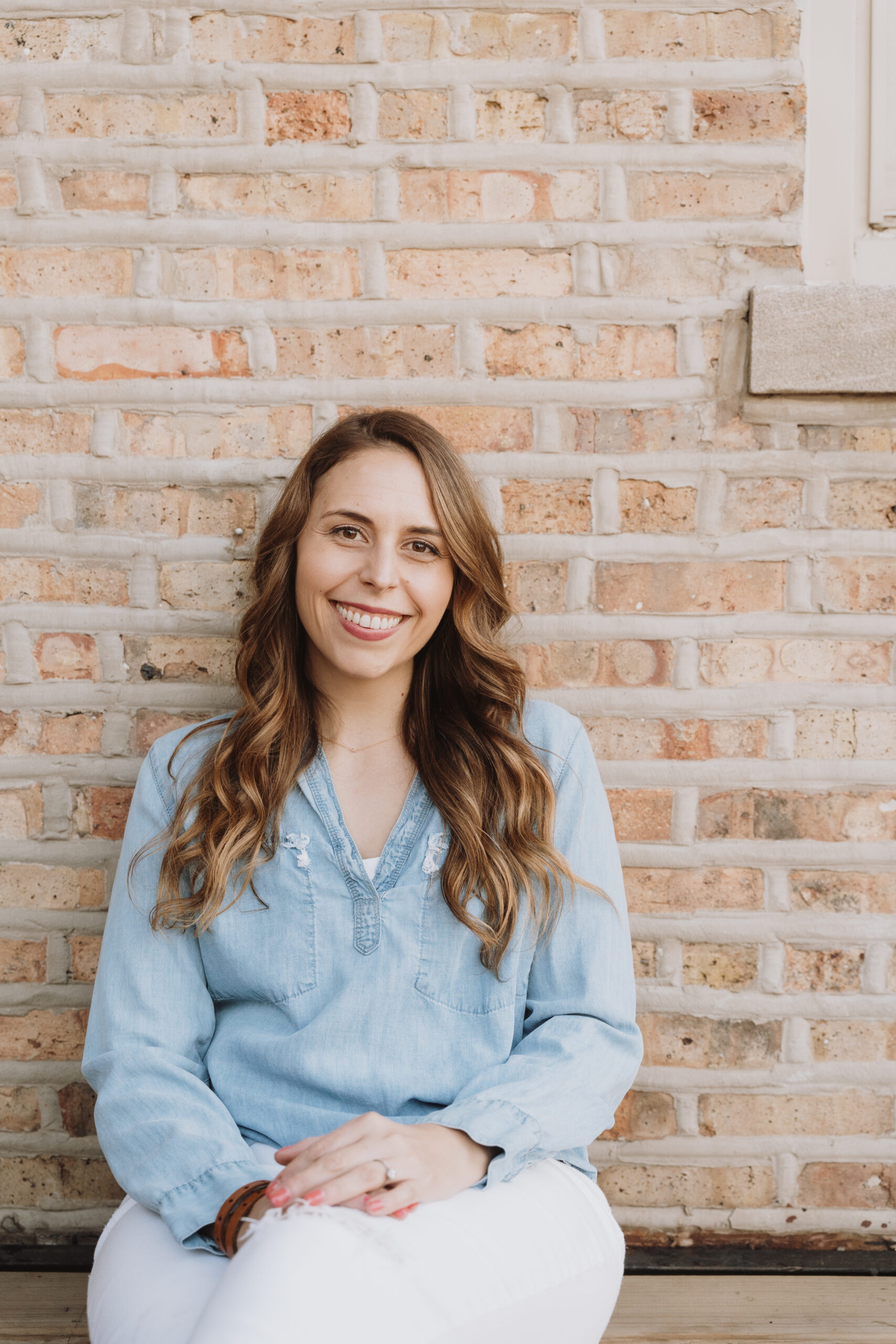As the calendar turns, and the New Year is around the corner, many of us feel the pressure to create resolutions that often revolve around strict, drastic changes. However, resolutions can be daunting, and when they inevitably falter, they may lead to feelings of guilt and disappointment. Instead, let’s explore the concept of setting New Year’s intentions. These are gentler, more adaptable, and encourage a mindful approach to personal growth. In this blog post, we’ll delve into the world of New Year’s intentions and how they can bring positivity and transformation to your life.
Resolutions vs. Intentions: What Sets Them Apart?
Resolutions typically involve firm decisions to do or not do something, often with a specific, measurable outcome. However, they can become rigid and unforgiving, which may lead to a sense of failure if they’re not met.
On the other hand, intentions are all about directing your thoughts, feelings, and actions toward a specific aim. They offer the freedom to adapt and evolve, highlighting the journey rather than the destination. Intentions invite a kinder, more compassionate approach to personal growth, through:
Encouraging Mindfulness
Intentions inspire mindfulness, urging you to be fully aware of your actions, choices, and the way you live your life. They require you to be present and engaged in the moment, fostering self-awareness and personal growth.
Supporting Flexibility
Life can be unpredictable, and rigid resolutions may lead to frustration when things don’t go as planned. Intentions provide the flexibility to adjust to changing circumstances, allowing you to continue making progress toward your goals.
Emphasizing Self-Compassion
Resolutions can be stern and unforgiving, often leading to self-criticism and disappointment. In contrast, intentions encourage self-compassion and kindness. They create space for setbacks and learning.
Focusing on the Journey
Intentions shift the spotlight from the end result to the process and the journey. They invite you to embrace each step and experience along the way, leading to a more meaningful and fulfilling path of personal growth.
Setting Your New Year’s Intentions
01. Reflect on Your Values
Start by contemplating your core values and what truly matters to you. Think about what you wish to nurture more of in your life. Here are examples of how you might articulate your thoughts on this:
- Expressing Gratitude: Recently, I’ve been taking a moment every day to think about the good things in my life. It’s amazing how this simple practice has changed how I see things. I’ve realized that being thankful is something I want to do more. It not only makes my days happier but also helps me deal with problems in a more positive way.
- Being kind: In a world that can be busy and stressful, I’ve been thinking a lot about how important it is to be kind. Small acts of kindness, like smiling, saying something nice, or helping someone, can make a big difference. I want to make a real effort to be kind every day and make the world a friendlier place.
- Connecting with others: When I think about what’s important to me, I realize how much I like having good relationships with people. In a world where we often use screens a lot, I want to make sure I spend time with real people. Whether it’s with family, friends, or meeting new people, having meaningful connections makes life more satisfying.
The key is to express your thoughts sincerely and connect them to specific values that resonate with you.
02. Set Positive Intentions
Setting positive intentions means thinking about what you want to do in a happy and growing way. It’s like planning to do things that make you feel good and help you become a better person. Instead of just saying what you don’t want to do, like “I don’t want to be lazy,” you think about what you want to do, like “I want to be active and full of energy.” It’s about looking forward to good things and making choices that lead to a better and happier you, for example:
- Taking care of my health: Instead of just thinking about losing weight, I want to focus on keeping my whole body healthy. I’ll choose foods that are good for me, do activities that make me happy, and build habits that will keep me healthy for a long time. It’s not just about what the scale says; it’s about making choices that are good for my body and my overall well-being.
- Talking nicely to myself: I want to be careful about the way I talk to myself in my head. Instead of being too hard on myself, I want to be supportive and positive. I think if I’m kind to myself, it will help me feel more confident and strong. This way, when challenges come up, I can face them with a hopeful attitude.
- Finding joy in daily life: I want to actively look for and create happiness in my everyday life. Whether it’s appreciating small things, doing things I love, or spending time with people I care about, I want my life to be full of joy and satisfaction. By choosing to be happy, I believe I can make a positive and uplifting atmosphere for myself and the people around me.
Positive intentions are about framing your goals in a way that promotes growth, self-love, and a positive mindset.
03. Be Specific
While intentions are more flexible than resolutions, it’s still vital to be specific about what you want to focus on. Here is what this might look like for health and well-being:
- Moving Your Body: Instead of thinking about tough exercises, find things you enjoy doing that also make your body feel good. It could be dancing, hiking, or doing yoga. The point is to move in ways that make you happy and keep you healthy.
- Sleeping Well: Make sure you get good sleep by doing things that help you relax before bedtime. Turn off your gadgets, make the room darker, and do calming activities like reading a book or taking a warm bath.
- Deep Breaths: Take a few minutes every day to do breathing exercises. It’s as simple as breathing in and out slowly. This helps calm your mind and makes you aware of what’s happening right now.
- Break from Screens: Choose times to take a break from phones and computers. During these breaks, do things without distractions, like having a meal without looking at your phone or going for a quiet walk in nature.
- Being Grateful: Keep a journal where you write down three things you’re grateful for every day. This easy practice helps you focus on the good parts of your life.
04. Create a Visual Reminder
Write down your intentions and place them where you can see them every day. A visual reminder can help you stay aligned with your intentions and mindful of your actions.
05. Practice Patience
Keep in mind that setting intentions is an ongoing practice. Be patient with yourself and allow room for growth and evolution. It’s perfectly normal to revisit and adjust your intentions as needed throughout the year.
Setting Your New Year Intentions
Deciding on New Year’s intentions is a kind and thoughtful way to grow as a person. Instead of making strict resolutions that might make you feel bad if you don’t keep them, intentions help you be aware of yourself, stay flexible, and be nice to yourself. If you concentrate on the journey and enjoy each moment, you can make the coming year more meaningful and satisfying. Try using intentions, and you’ll see yourself getting better and better.
Reflection Questions to Help You Set Intentions
Reflection questions are incredibly valuable for setting intentions in the New Year. They invite you to look back on the past year, evaluate your goals and experiences, and plan for the future. Here are some reflection questions to aid you in shaping your intentions for the upcoming year:
- What were my major accomplishments and successes in the past year?
- What were the most significant challenges or obstacles I faced in the past year, and how did I overcome them?
- How have I grown or changed in the past year? What have I learned about myself?
- Which aspects of my life, such as health, relationships, career, or personal development, do I want to improve in the coming year?
- What values and principles do I want to guide my actions and decisions in the new year?
- How can I better balance my personal and professional life in the new year?
- What habits or behaviors do I wish to leave behind in the past year to make room for positive changes?
- What skills or knowledge do I want to acquire or develop in the coming year?
- What experiences or adventures do I want to have in the new year that will bring me joy and fulfillment?
- What is my overall vision for the new year, and how do I want to feel by the end of it?
- How can I prioritize self-care and well-being in the upcoming year?
- What will be my daily, weekly, or monthly routines that align with my intentions for the new year?
Remember, setting intentions for the New Year is a personal journey, and there are no right or wrong answers. Use these questions as a starting point to help you reflect on your past year and plan for a fulfilling and purposeful year ahead.
Keep Reading
3 Steps To Break Free From Body Checking From A Licensed Therapist
Ryann Nicole
Licensed Therapist, Certified Nutritionist, and Virtual Wellness Coach
Ryann is a licensed therapist and virtual wellness coach who has assisted individuals worldwide in establishing a healthier relationship with food and their bodies.
Are You Ready to Heal Your Relationship With Food?
I understand—it can be overwhelming to figure out where to begin. Let's simplify things and have you start right here:
Why Am I Overeating?
First Steps To Stop Binge Eating
The Food Freedom Lab Podcast
FREE QUIZ
FREE GUIDE
Podcast
the food freedom lab podcast



